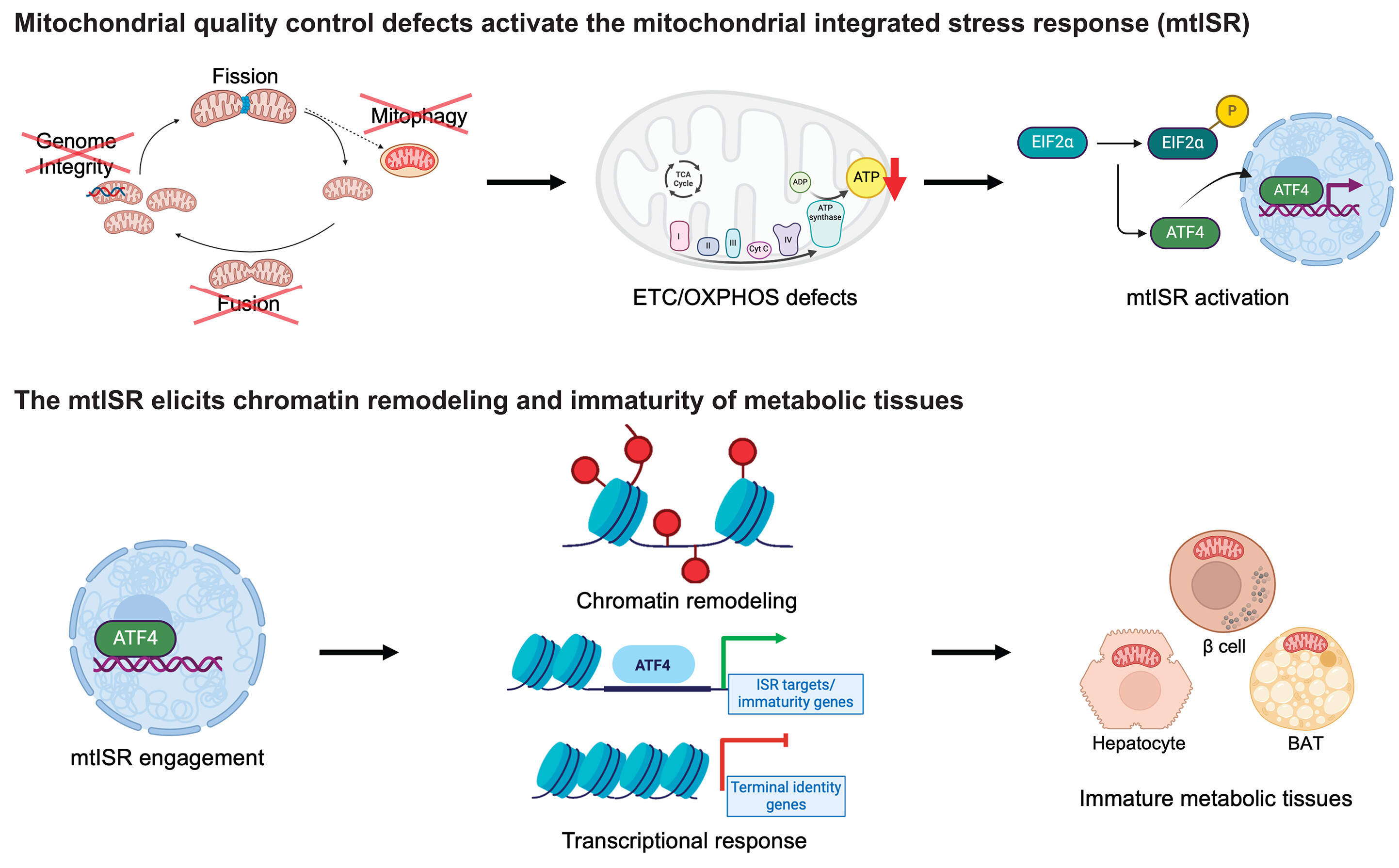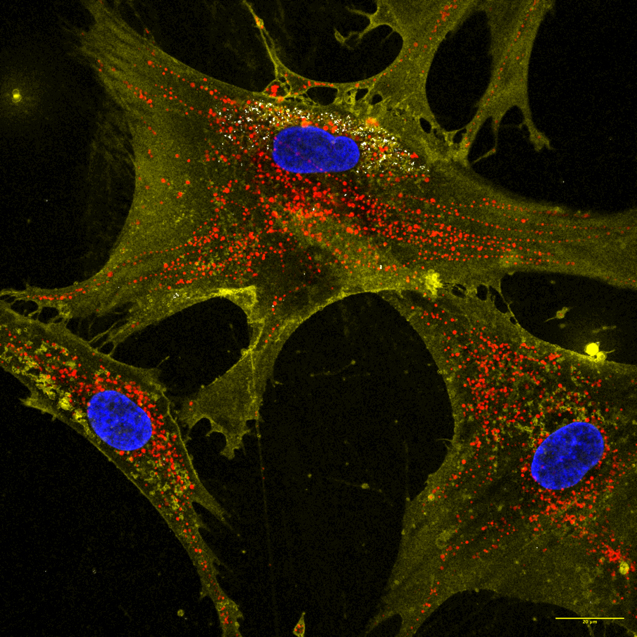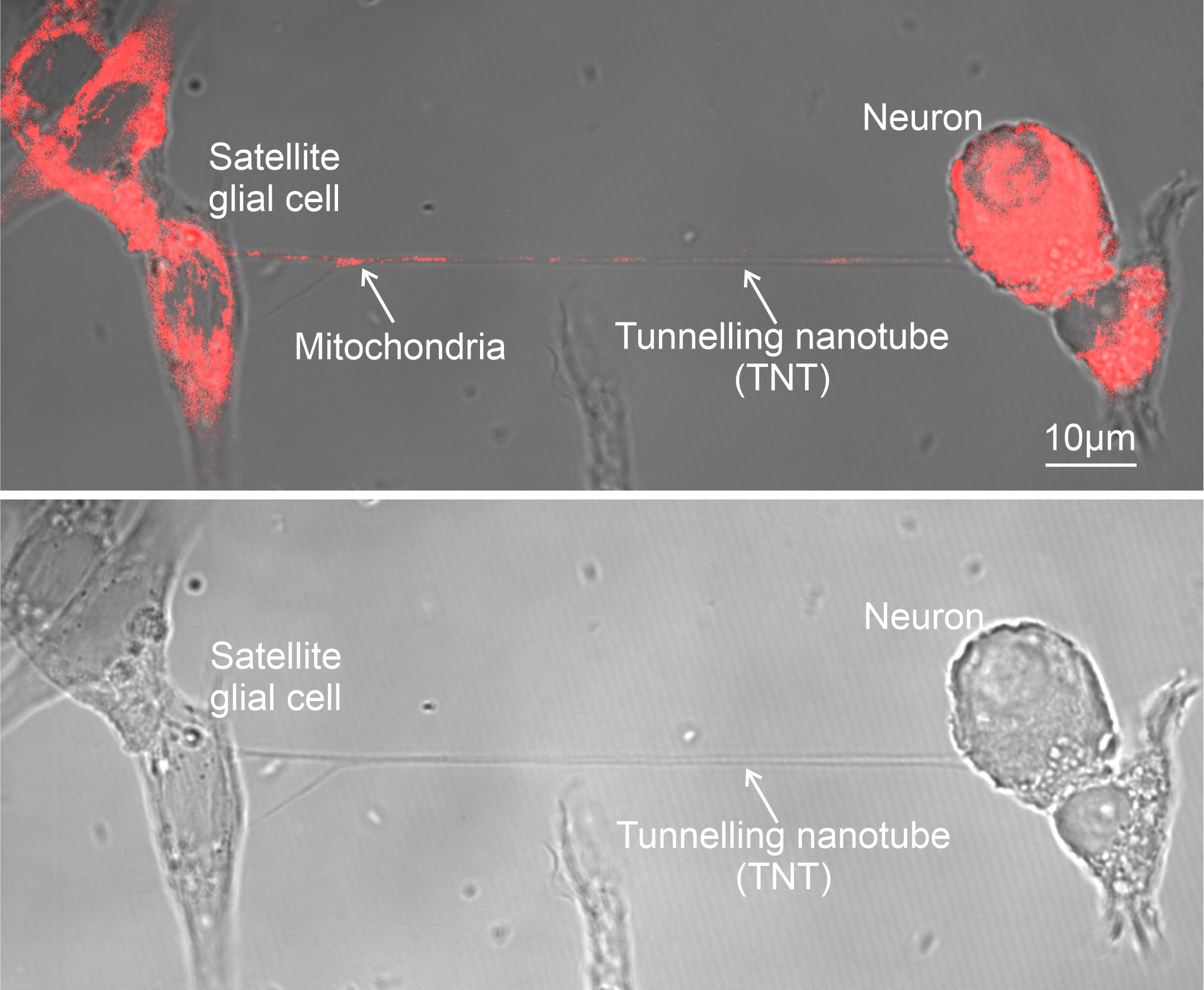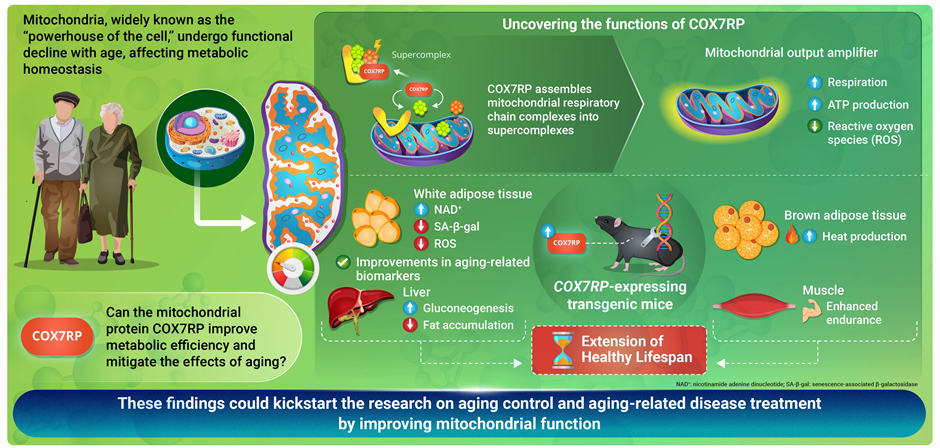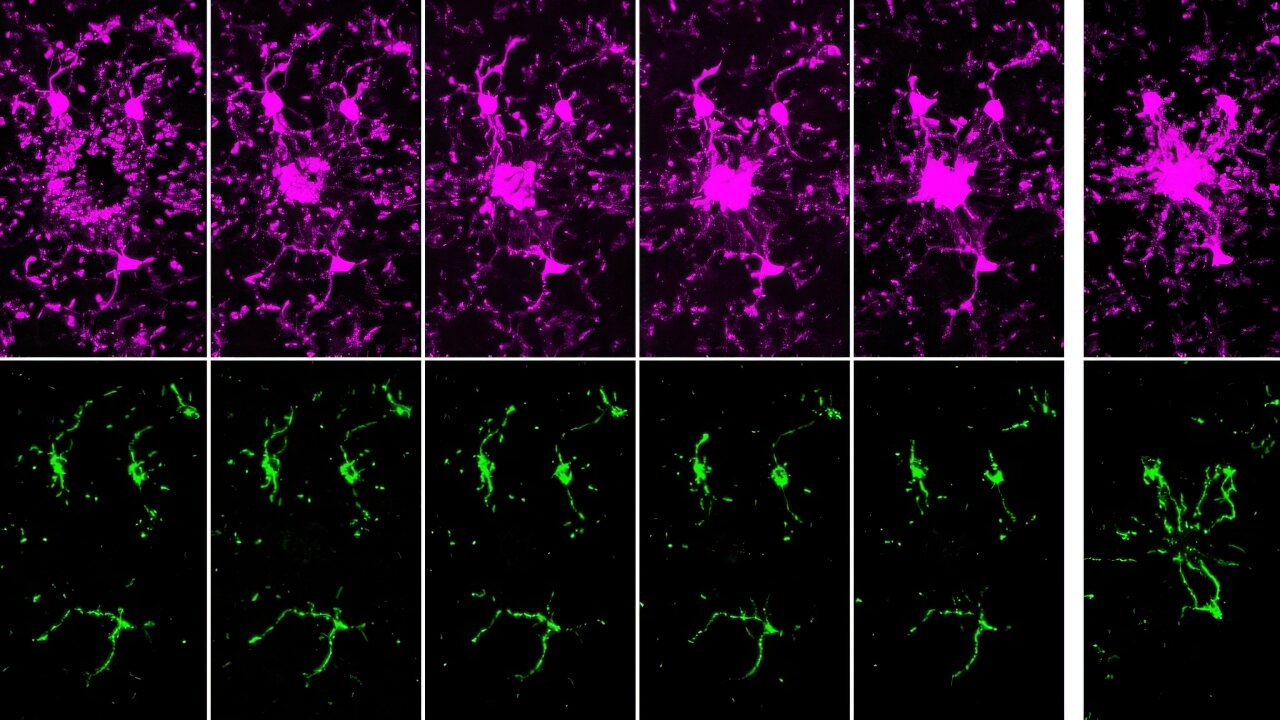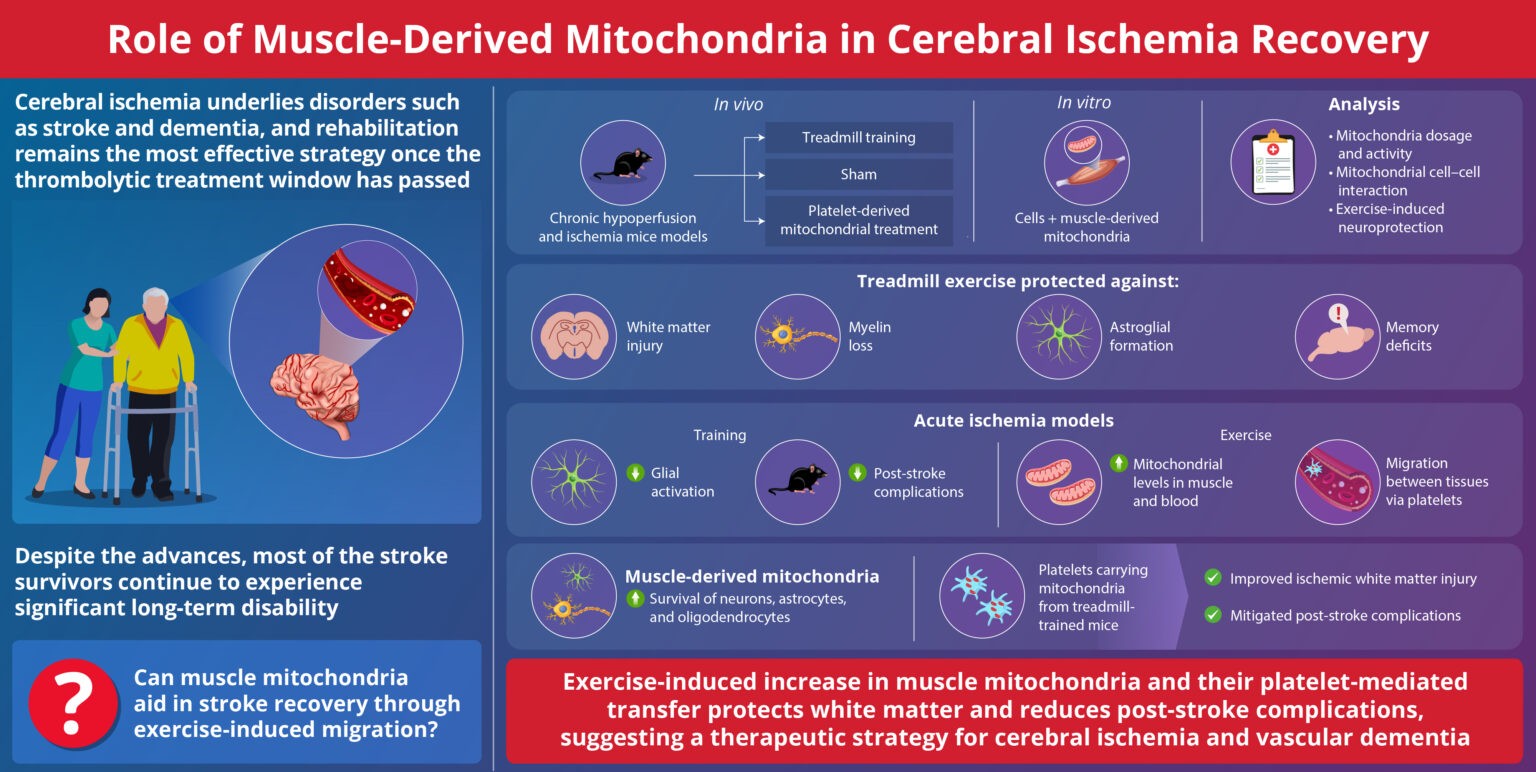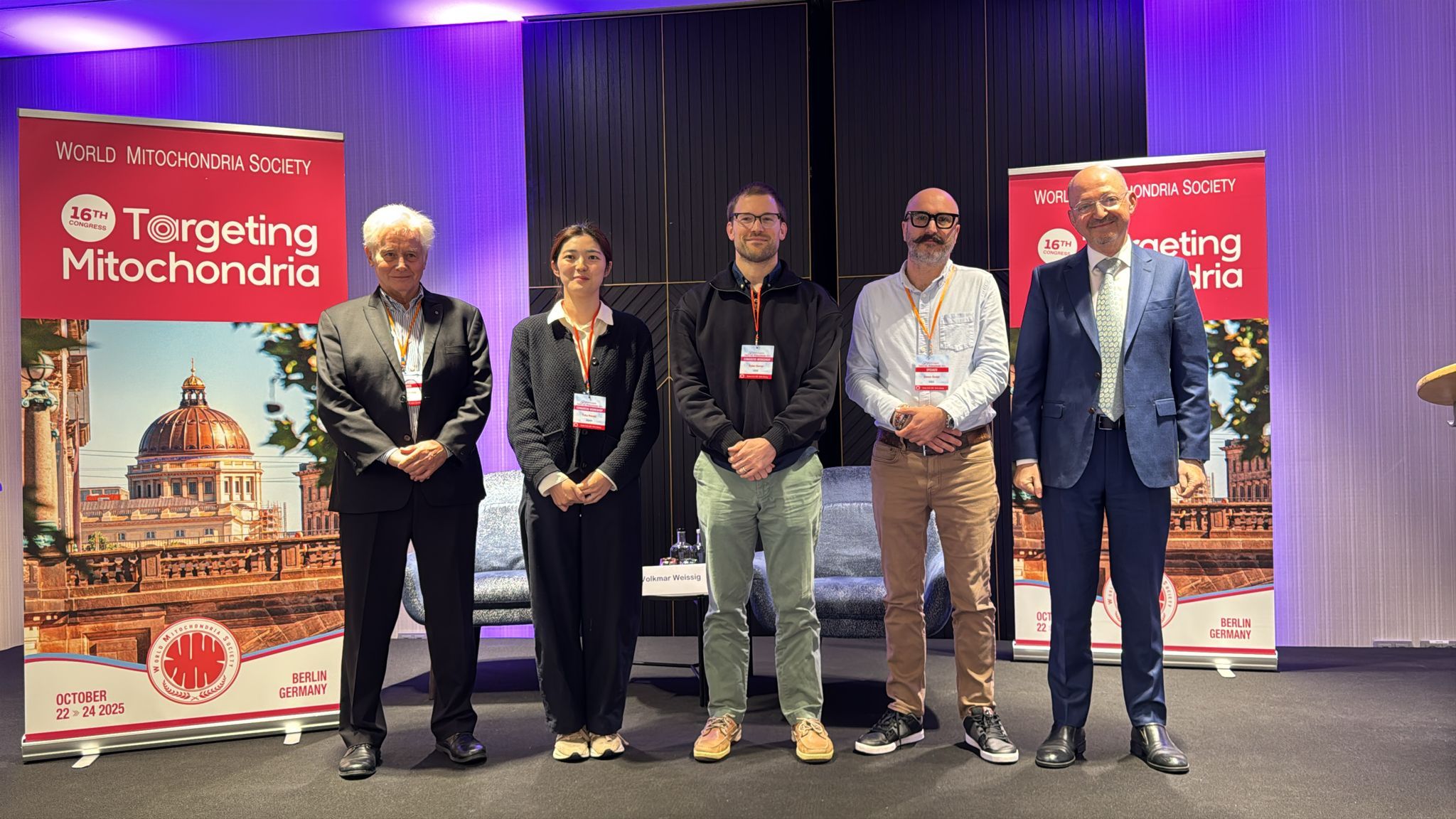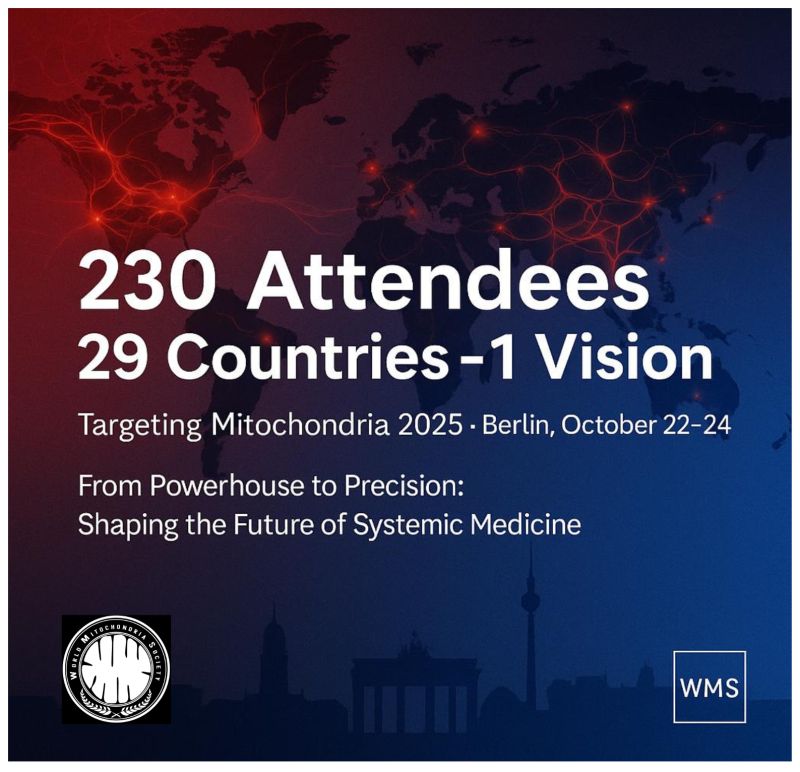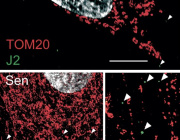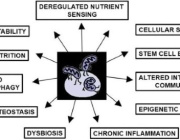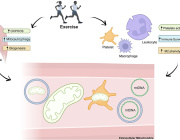New Workshop on Mitochondrial Transfer and Transplantation: From Bench to Bedside

The World Mitochondria Society is pleased to announce a hands-on workshop, “Mitochondrial Transfer and Transplantation: From Bench to Bedside,” led by Dr. Andrés Caicedo, a prominent faculty member at the Universidad San Francisco de Quito (USFQ) School of Medicine, Ecuador, and Vice President for South and Central America of the International Society for Cell & Gene Therapy (ISCT).
This workshop will be held on October 22, 2025, at the DoubleTree by Hilton Berlin, as part of the pre-congress activities for the Targeting Mitochondria 2025 Congress.
Building on the success of the traditional “Mitochondria Evaluation” Workshop conducted by Dr. Naig Gueguen, it offers an immersive and practical learning experience.
Participants will explore advanced techniques in studying horizontal mitochondrial transfer (HMT) between cells, the isolation and artificial transfer of mitochondria to other cells ex vivo, their reimplantation into hosts, and the methodologies behind mitochondrial transplantation. The session will also address therapeutic applications, key challenges, and future prospects in this innovative field.
Key points to Be Covered
1. How it works – Understanding mitochondrial transfer and transplantation.
2. Barriers and pitfalls to avoid – Challenges to navigate during the process.
3. Challenges and future perspectives – Emerging applications, issues and potential solutions.
4. Methods and tools – Supporting materials provided in the workshop book.
Supporting Material
1. Recorded Demonstrations – Key techniques for mitochondrial isolation and transplantation.
2. Case Studies and Applications – Real-world examples showcasing successful implementations in research and clinical settings.
3. Emerging Technologies – Innovative tools and methods reshaping the field of mitochondrial transfer and transplantation.
4. Interactive Q&A – A dedicated session for addressing specific questions, sharing challenges, and proposing solutions with expert input.
5. Workshop Book – Tangible takeaways for participants, including summaries of techniques, resources, publications and a certificate of participation.
6. Follow-up Webinars – Post-meeting sessions to track progress and share updates, fostering a sense of community within the WMS.









